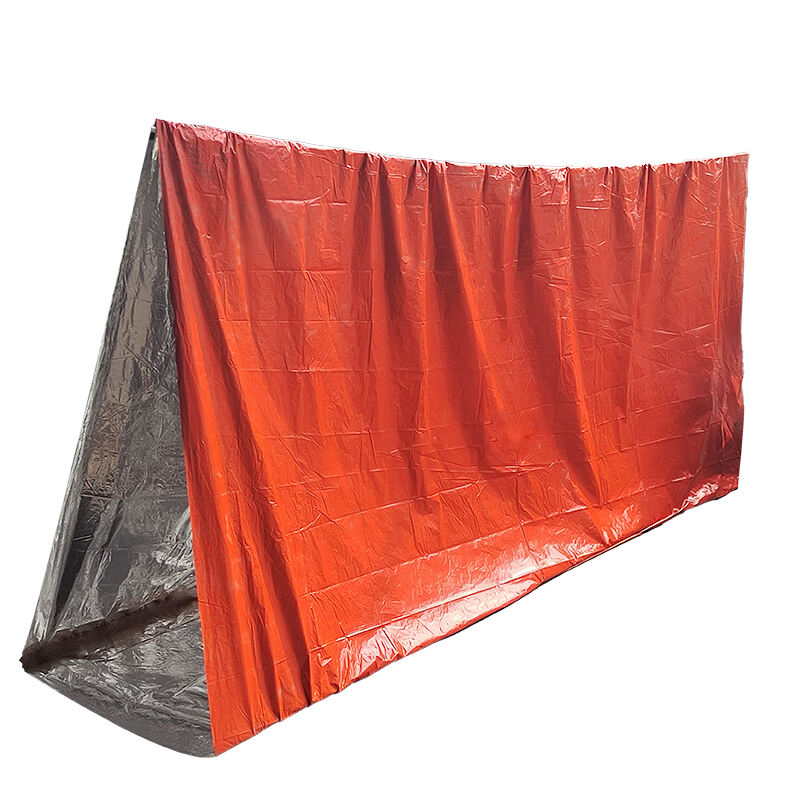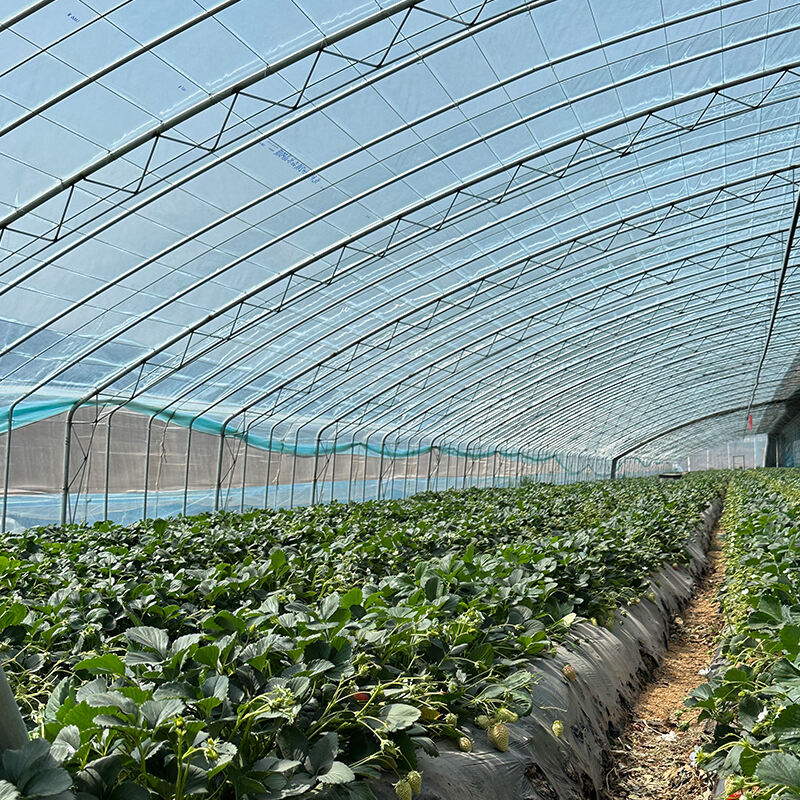plastic mulch film agriculture
Plastic mulch film agriculture represents a revolutionary advancement in modern farming practices, offering a sophisticated approach to crop management and yield optimization. This innovative agricultural technology consists of laying specialized plastic films directly on soil surfaces, creating a protective barrier that fundamentally alters the growing environment. The film typically ranges in thickness from 15 to 50 microns and is available in various colors, each serving specific agricultural purposes. Black films effectively control weed growth and maintain soil temperature, while clear films create mini greenhouse effects. These films serve multiple critical functions: they regulate soil temperature by trapping solar radiation, prevent moisture evaporation by maintaining optimal soil humidity levels, and protect crops from soil-borne diseases. Additionally, they suppress weed growth, reduce fertilizer leaching, and minimize soil erosion. The technology has proven particularly effective in vegetable production, berry cultivation, and row crops, significantly extending growing seasons and enabling earlier harvest times. Modern plastic mulch films incorporate advanced materials science, featuring UV stabilizers for durability and specialized additives that enhance specific properties like heat retention or light reflection. This agricultural solution has become increasingly popular worldwide, demonstrating remarkable versatility across different climates and crop types.


